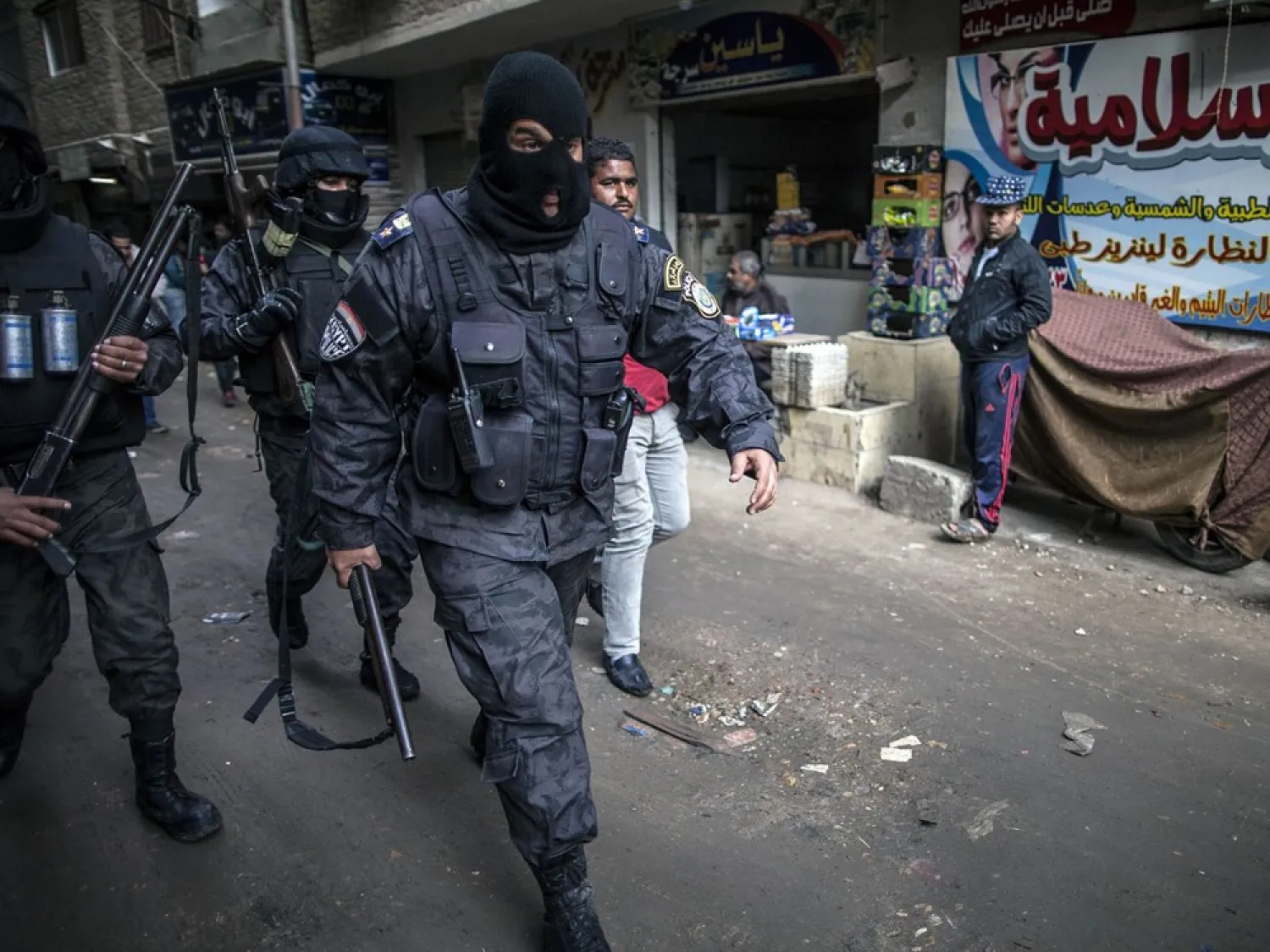An Egyptian security source revealed that Cairo is waiting for the arrival of a wanted fugitive takfiri leader extradited from Sudan named Madin Ibrahim Mohamed Hassanein.
The leader had fled to Sudan after being convicted of killings and violence against police officers in Egypt.
“Hassanein arrived at Khartoum airport last night ahead of his deportation to Cairo, and it is only a matter of time before he arrives to Egypt,” said the security source, who spoke on condition of anonymity.
“There is full coordination between Egyptian and Sudanese security, and it will be followed by the extradition of other wanted criminals to Egypt,” he added.
Hassanein, according to Islamist movements researcher Amro Abdulmoneim, was sentenced to 15 years in prison in 2013.
In the case known as “Asharqiyya unrest,” Hassanein was tried alongside 16 other fugitives for killing police officers and incitement against public order.
According to Abdulmoneim, Hassanein is also an ex-affiliate of a takfiri network founded by Shawqi al-Sheikh in the Faiyum province, southwest of Cairo.
“Hassanein encouraged others to kill police and army officers in his village in Sharqia governorate (Egypt Delta) after Hosni Mubarak stepped down from power in 2011,” he said.
“He established a terror organization called Ansar al-Sharia in al-Sharqia, formed cells in the following governorates: Beni Suef, Giza and Faiyum, and he shared ties to the terrorist Adel Habara,” Abdulmoneim added.
Egyptian authorities had executed Habara in December 2016 after he was convicted of the murder of 25 soldiers in the north Sinai province in August 2013.
“Hassanein had fled to Sudan, along with other convicts,” Abdulmoneim noted, adding that there are “approximately 70 Muslim Brotherhood youth fugitives in Sudan.”









